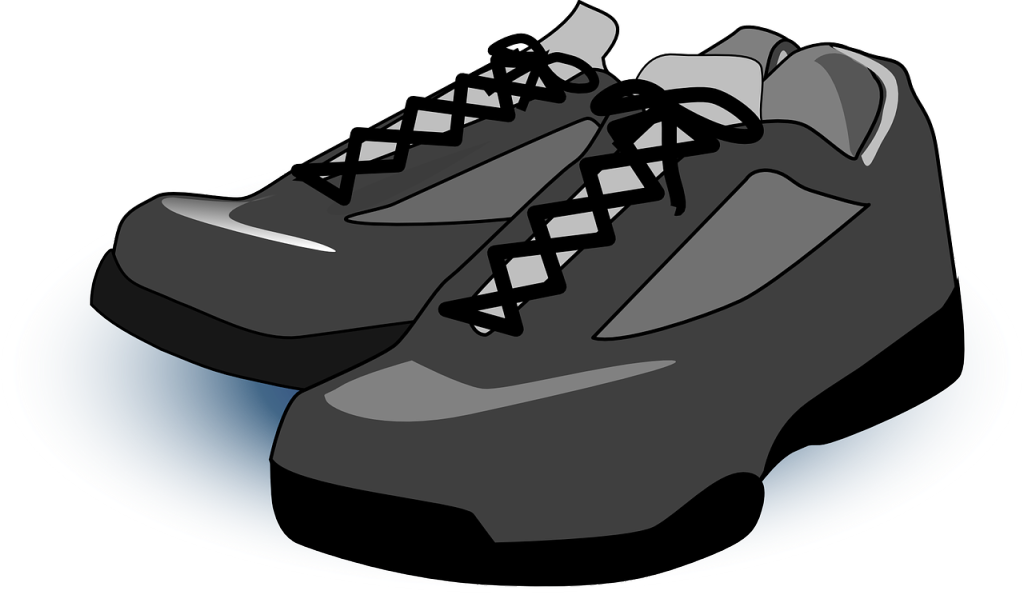For many that struggle with weight and health, finding alternate fitness-oriented activities that don’t require going to the gym can be a very important aspect of incorporating fitness into our healthy lifestyle.
The gym can be a really intimidating place, and it can be boring and tedious if you don’t have an instructor or personal trainer to keep things new, exciting and challenging. Time on a treadmill, walking or jogging can begin to get mundane and can even leave you feeling like a hamster in a ball – going as fast as you can, but completely stationary in your environment.
When we start to incorporate exercise and activity into our journey with weight and health, it often becomes a very goal-oriented adventure. This is great because setting new goals to reach when it comes to your exercise regime is exactly what keeps exercise progressive, and it keeps your body from settling into physiological boredom! When we start talking about cardiovascular exercise, getting out of the gym and off of a stationary cardio machine, one of my favorite suggestions is half marathon training!
Marathon Training and Your Health: An Inside Look
 Typically, when someone hears the words “half marathon,” their first reaction is “I can’t do that!” Guess what? Almost every single one of us is capable of participating in a half marathon; you just have to carefully consider how you are going to train for the race and what sort of expectations and goals you are going to set for yourself with each event or race you decide to do.
Typically, when someone hears the words “half marathon,” their first reaction is “I can’t do that!” Guess what? Almost every single one of us is capable of participating in a half marathon; you just have to carefully consider how you are going to train for the race and what sort of expectations and goals you are going to set for yourself with each event or race you decide to do.
As a thirty-eight time half marathoner, Certified Personal Trainer and someone who once weighed 420 pounds lbs, I can tell you two things without any doubt:
- If you remember that training for your event is about YOU, a personal extension of your journey with weight and health, a celebration of what your body can do once it is healthier than it was before, and set realistic goals for yourself, there is NOTHING you can’t accomplish.
- There are a lot of physical and mental benefits from training for an event or race such as this. In my experience, the mental benefits are some of the most rewarding you’ll find in your journey.
Let’s Talk about Realistic Goal Setting
One of the best ways to keep yourself motivated in fitness is to set short-term, realistic goals that you are pretty confident you can achieve. Achieving those accomplishments helps you build up self-efficacy and the knowledge that your new body is capable of new things.
 I didn’t set out to train for a marathon the first time I considered participating in a race or event. I started out with 5ks and, when those got easy, I decided to start working on 10ks. When those also started to feel like they were less of an accomplishment than they were in the beginning, I started doing half marathons. In fact, I had participated in over 20 half marathons before I even considered taking on a full marathon. It was all about baby steps and adding accomplishments to my journey.
I didn’t set out to train for a marathon the first time I considered participating in a race or event. I started out with 5ks and, when those got easy, I decided to start working on 10ks. When those also started to feel like they were less of an accomplishment than they were in the beginning, I started doing half marathons. In fact, I had participated in over 20 half marathons before I even considered taking on a full marathon. It was all about baby steps and adding accomplishments to my journey.
I also didn’t run my first half marathon. I walked it and, once walking a half marathon was a realized goal, I started added jogging intervals into my training program. That is the beauty of exercise progression and goal setting: you just aim to do more than you did last time.
Now, Let’s Think about Weight-loss Stalls for a Moment
 There are times when you’re trying to lose weight and you get on the scale, only to discover the numbers are the same as they were last week. You get frustrated. You start to ask yourself, “What do I need to do differently to get the scale to move?”
There are times when you’re trying to lose weight and you get on the scale, only to discover the numbers are the same as they were last week. You get frustrated. You start to ask yourself, “What do I need to do differently to get the scale to move?”
Cardio-respiratory endurance is very similar. When you begin to feel like your exercise regimen isn’t giving you the same results as it was before, you’re probably right. Your body has adapted to your current exercise routine and has gotten better at doing it. Your muscles are likely not being as challenged, your endurance is probably much higher, and your heart rate isn’t getting elevated as quickly as it was before. Now is the time to switch it up, or increase the level of difficulty and get more results. It’s the perfect time to consider increasing your distance and begin to train for a longer event. You can also change your training routine to start improving speed and performance.
Consider the Mental Benefits of Event Training
The same is true of the mental and motivational aspect of training for a cardiovascular endurance event. Consider the scale gain for a moment. When we are losing weight, we have tangible evidence of our accomplishments. As we progress in our journey and the scale stops moving quickly or at all, or once we have reached a sustainable and healthy weight, what do we do to keep up the motivation and inspiration to eat healthy and exercise? Training for events – like 5ks, 10ks, half or whole marathons where you have the intrinsic motivation of completing the event, as well as as the tangible reward of a medal that says “I did it!,” can be a great source of ongoing inspiration.
 I have personally found that chasing those finish line moments has been one of the most emotionally rewarding things I could do in my journey. Not only do I feel like I have done something amazing at every finish line, but each medal I hang on my wall serves as a testament to where I am today, what I am capable of, and a reminder of what I have accomplished.
I have personally found that chasing those finish line moments has been one of the most emotionally rewarding things I could do in my journey. Not only do I feel like I have done something amazing at every finish line, but each medal I hang on my wall serves as a testament to where I am today, what I am capable of, and a reminder of what I have accomplished.
There is an amazing sense of accomplishment at the finish line of an event and it is not just reserved for elite athletes, Olympic runners or people who can qualify for the Boston Marathon. Each and every one of you can make the commitment to train and successfully cross that finish line – no matter which method you use or how far and fast you go. Each finish line is yours, and it’s a great way to celebrate your success!
 About the Author:
About the Author:
Pandora Williams is a Certified Personal Trainer and Weight-loss Coach. She has completed one marathon, 38 Half Marathons, countless 5ks and 10ks, and is known within the weight-loss surgery community for training and helping others reach the finish line for the first time.






